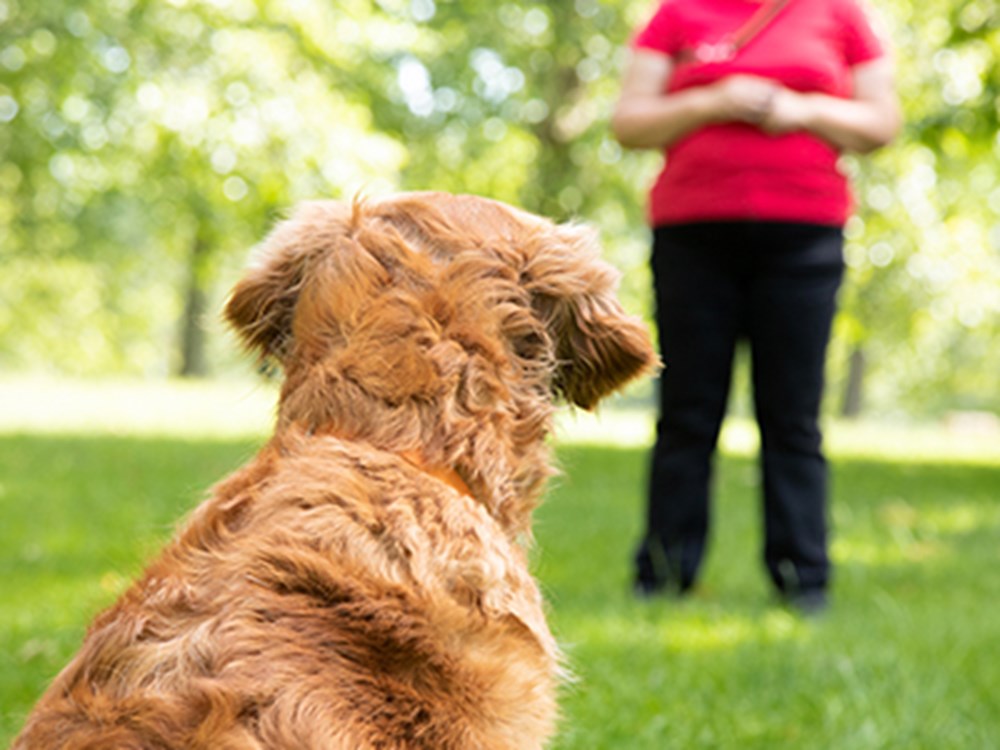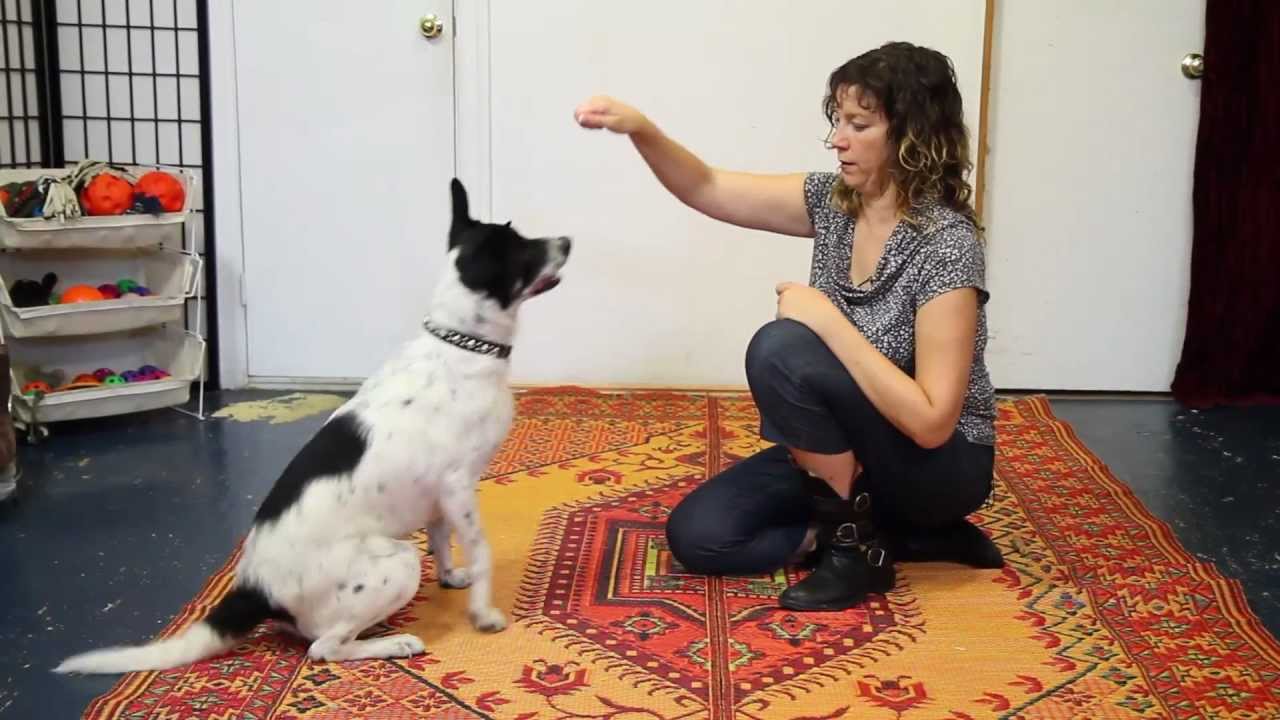
The School For The Dogs NYC is a premier NYC dog training facility. It offers private and puppy classes as well as play groups and positive reinforcement-based private training. The shop, which is two stories high, also houses a boutique that sells treats, toys and other useful items. The organization offers virtual assistance to clients, as well as a limited number of Manhattan locations. The school also offers a virtual group. Call 212-988-88060 to make arrangements for a class.
Puppy classes are designed to provide your puppy with a fun, structured environment in which to learn and interact with other dogs and people. Participating in puppy classes can help your pet adjust to social situations and teach him to obey commands. It will also improve his social skills. Your puppy will become more responsive, well-behaved, and better. These classes will give you valuable tips on how best to train your puppy.

During the initial puppy fear phase, puppy classes teach parents how to respond to fearful puppies and encourage them to overcome their fears. This will allow them to build resilience over this crucial developmental period. This will ultimately lead to a happier dog who is more likely develop a relationship and trust with humans. It's a win-win situation for everyone. It's possible for your puppy to be afraid at first, but with these puppy classes you can work with them to overcome their fear.
A First Paw Forward class is recommended for puppies under six months of age. This program is a stepping stone to an Excelerated Puppy class. First Paw Forward focuses more on interactive play and building a bond between you and your puppy. It emphasizes training and targeting restrained recall, agility, and target training. You can also make your dog more comfortable around other dogs.
Your puppy should have classes every day. They are designed to help your puppy become more comfortable with other people. Treat them like a child. They should be socialized and allowed to interact with other dogs. It is important that they learn to love their human companions. Prior to joining a puppy school, your puppy needs to have his/her first set of shots.

A puppy class is an important step in socializing your puppy and avoiding behavioural issues. It can be challenging for puppies to behave so it is important to learn how to avoid them from becoming destructive. A puppy's class is an opportunity for you to get support from fellow pet parents and help them navigate the challenges that come with raising a puppy. A class will teach your puppy basic training and help you build a relationship with your new friend.
FAQ
What are the things I should consider before buying an exotic pet?
Before you go ahead and buy an exotic pet, there are several things you need to think about. First, you must decide if you will keep the animal as an exotic pet or if your intention to sell it. If you intend to keep the animal as a pet then ensure you have enough space. Also, it is important to calculate how much time you will spend caring for the animal. Although it takes time to care and love an animal, it is well worth the effort.
You must find someone to purchase your animal if you intend to sell it. Make sure the person buying your animal knows how to take care of it. Don't give your animal too much food. This could lead to other health issues later.
You need to thoroughly research exotic pets before buying them. Numerous websites offer information on different types of pets. Be cautious not to fall for scams.
How can you tell if your dog has fleas
You may notice your pet scratching or licking excessively at its fur.
If you see any signs of redness on your pet's skin, this could also indicate an infestation by fleas.
Take your pet to the veterinarian as soon as you can for treatment.
Are there any signs my dog may be ill?
Several symptoms indicate your dog is sick. You may notice the following symptoms:
-
Vomiting
-
Diarrhea
-
Lethargy
-
Fever
-
Weight loss
-
A decreased appetite
-
Coughing
-
Difficulty in breathing
-
Bleeding around the nose
-
Stool or urine contaminated with blood
These are just some examples. Your vet will know what to look out for.
Statistics
- For example, if your policy has a 90% reimbursement rate and you've already met your deductible, your insurer would pay you 90% of the amount you paid the vet, as long as you're still below the coverage limits of your policy. (usnews.com)
- Monthly costs are for a one-year-old female mixed-breed dog and an under one-year-old male domestic shorthair cat, respectively, in excellent health residing in Texas, with a $500 annual deductible, $5,000 annual benefit limit, and 90% reimbursement rate. (usnews.com)
- In fact, according to ASPCA, first-year expenses can sum up to nearly $2,000. (petplay.com)
- A 5% affiliation discount may apply to individuals who belong to select military, law enforcement, and service animal training organizations that have a relationship with Nationwide. (usnews.com)
- Pet insurance helps pay for your pet's medical care, with many policies covering up to 90 percent of your vet bills. (money.com)
External Links
How To
The best method to teach your dog where he should urinate is through the use of a map.
Teaching your pet to use the bathroom correctly is crucial. It is also crucial to be able to teach them how to behave if they decide to go outside on their own. Here are some tips to help you teach your dog how to use the bathroom properly.
-
Start training early. If you don't want accidents during playtime, start now!
-
You can reward your pet with food. It will increase your chances of success if you reward your pet for each successful trip to a potty.
-
Keep treats away from the area where your pooch pees. He could associate urine with the scent of his favorite treat.
-
Make sure there isn't another animal around before letting your dog out. Dogs who see others relieving themselves may think it's normal behavior.
-
Be patient. Sometimes it might take your puppy longer to understand things than an adult.
-
Before you let your dog go to the bathroom, let her sniff everything. If she can smell the toilet, she will learn more quickly.
-
Don't let your dog stand next to the toilet while you're taking care of business. This could cause confusion.
-
Wipe down the toilet seat and floor after you're done. These areas will be a reminder of what you should do in the future.
-
Make sure to clean up all messes as soon as possible. If your dog has an accident, clean it up quickly and thoroughly. He might try to get rid of himself again if he is not careful.